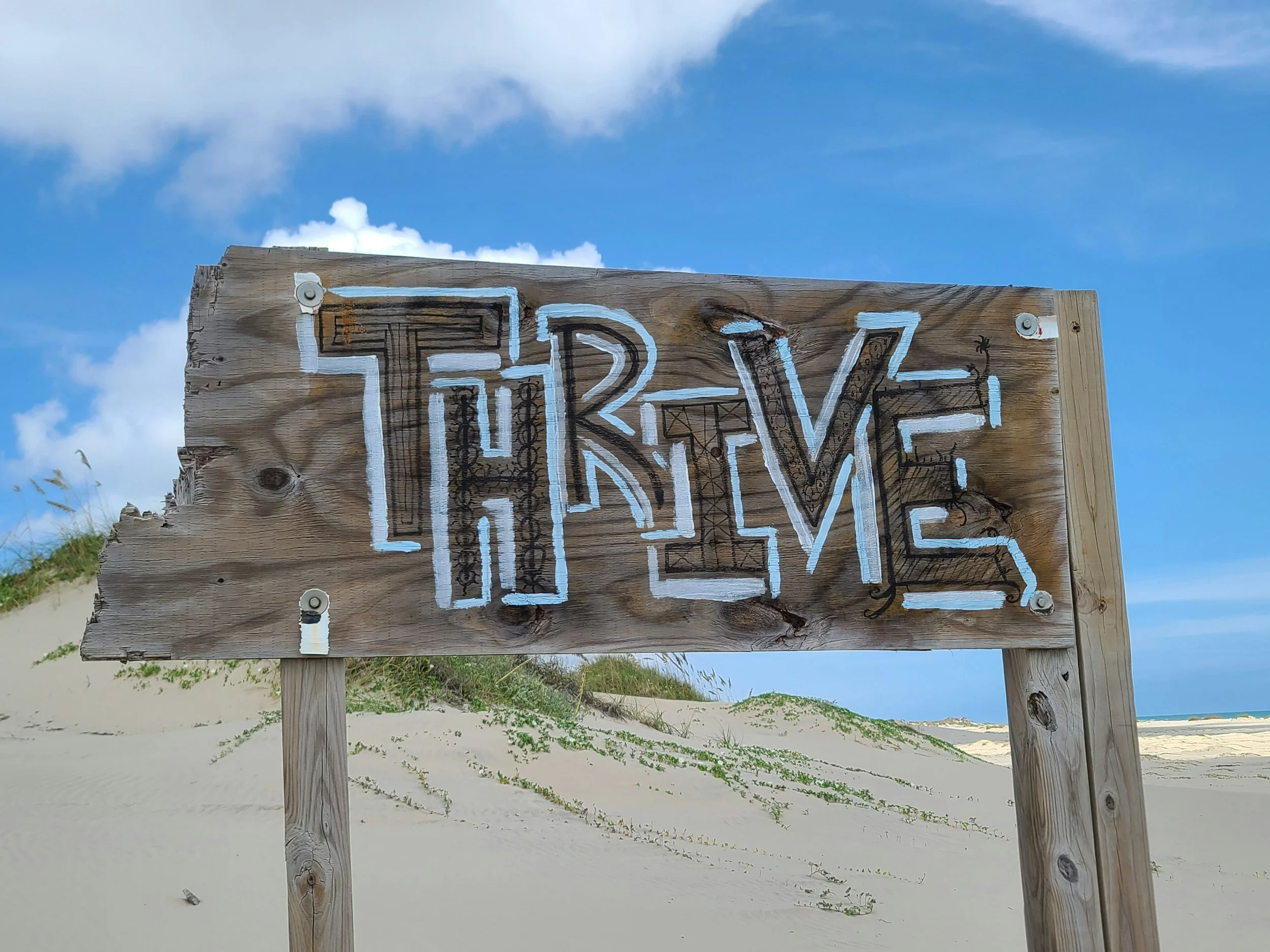Bridging Academia and Apprenticeships: A Path to Discovering Your Passion
Published 20 November 2024
(In Ep #0 of the Professionall Pathways Podcast | Cal’s Journey into Teacher Education)
“I started looking more and more into different career paths you can go into with a degree in a language. For example, translation and interpretation or teaching the language. Many of these were enticing to me, but I didn’t know yet which path was exactly right for me. So, I decided to study French language and literature as my major at UNT. I graduated from UNT in 2018 and then decided to follow the footsteps of my high school French teacher. She had participated in this program while she was in college that allowed her to live in France for a while and teach in a school. I thought that was a perfect opportunity for me both to improve my French––to make sure I was good enough at French to teach it––but also to have that little taste of teaching––to see if that was something I could see myself doing full-time.”
Higher education has long been viewed as a pathway to intellectual growth, professional development, and personal discovery. However, many students grapple with the challenge of aligning their academic pursuits with a clear career trajectory. One way to navigate this uncertainty is through apprenticeships and experiential learning opportunities, which allow students to immerse themselves in real-world experiences while still pursuing their studies or before advancing to a graduate degree. These programs can serve as a bridge between the theoretical knowledge gained in the classroom and the practical skills needed in the workplace.
The TAPIF program mentioned in the quote above highlights an enriching journey of using an apprenticeship to explore a teaching career while simultaneously enhancing language proficiency. This approach reflects the growing need for education systems to emphasize experiential learning, particularly in higher education. By participating in internships, apprenticeships, or international programs, students can test their interests, refine their skills, and gain invaluable insights into their chosen fields.
Why Apprenticeships Matter
Apprenticeships and similar programs offer unique advantages. Unlike traditional classroom learning, they provide hands-on experience, helping young professionals understand how theoretical concepts are applied in real-world settings. Research supports the effectiveness of experiential learning in fostering critical thinking, problem-solving, and adaptability. According to Kolb (1984), experiential learning emphasizes the importance of reflecting on direct experiences as a means of personal and professional growth. This type of active engagement makes the learning process more meaningful and enduring.
For language students, immersion programs such as teaching abroad, translating, or interpreting offer a dual benefit: they deepen linguistic skills while exposing participants to cultural nuances that cannot be fully captured in a textbook. A 2020 study by Deardorff underscores the significance of cultural competence as a cornerstone of effective communication in multilingual and multicultural environments.
Professional Discovery Through Exploration
Apprenticeships also serve as a low-risk way to explore potential career paths or an opportunity to test the waters of a profession while building confidence in career skills. These experiences can affirm a career choice or guide students toward alternative paths better suited to their skills and interests.
A particularly compelling aspect of apprenticeships is their ability to provide clarity and focus. A report by the National Center for Education Statistics (NCES) found that students who engage in internships or fieldwork during their studies are more likely to secure employment in their fields post-graduation. For many, the process of "learning by doing" helps crystallize their passions, making it easier to identify a fulfilling career.
Mutual Benefits for Institutions and Students
Higher education institutions also benefit from integrating apprenticeships into their offerings. Programs that blend academic coursework with practical training are more likely to attract motivated students who value the tangible benefits of their education. Moreover, these institutions cultivate a reputation for producing career-ready graduates, which can enhance their appeal to prospective employers.
Educators can play a pivotal role in this process by encouraging students to pursue experiential learning opportunities and mentoring them as they navigate their options. Faculty who have participated in similar programs can provide invaluable guidance and inspiration, sharing their own stories to illustrate the impact of such experiences.
A Call to Action
To better prepare students for the complexities of today’s workforce, educators and institutions must work collaboratively to create opportunities for experiential learning. Whether through formal apprenticeships, study-abroad programs, or other hands-on experiences, these pathways allow students to explore their interests, build practical skills, and gain a clearer sense of their professional goals.
Higher education is not just about acquiring knowledge; it’s about applying it meaningfully in the world. By embracing apprenticeships and other experiential learning models, we can empower students to navigate their career paths with confidence and purpose.
Discussion Question
What role do you think experiential learning should play in higher education, and how can educators better integrate these opportunities into their programs?
Related Posts
-
Deardorff, D. K. (2020). Manual for developing intercultural competencies: Story circles. UNESCO Publishing.
Kolb, D. A. (1984). Experiential learning: Experience as the source of learning and development. Prentice-Hall.
National Center for Education Statistics. (2018). Undergraduate internship and post-graduation outcomes. Retrieved from https://nces.ed.gov




